On a mission to build food resilience.
The John Hopkins Centre for a Liveable Future defines food resilience as a food system “which is able to withstand and recover from disruptions and changes in a way that ensures a sufficient supply of acceptable and accessible food for all”. Our food system has changed vastly in the Queenstown Lakes District (QLD) over the last 150 years, with our first settlers forging an incredibly self-sufficient food system, reliant on minimal support from outside the region.
Fast forward to today’s food system, we are nearly fully reliant on food coming in from outside the region, delivered to our stores by a daily convoy of trucks. Our food system now feels perhaps easier than that of our forebears, but it is highly prone to shocks and disruption. The likelihood of these disruptive events occurring is increasing, and our gradual shift away from local food production over the last 150 years has left us open to the risk of food supply issues.
Wao and Queenstown Lakes District Council (QLDC) decided to start the groundwork to build up the soil for a resilient food system for tomorrow. In 2023 Wao completed phase one of the Food Resilience project, including research, a survey of the Lakes District population, as well as interviews with a cross-section of stakeholders. This culminated in a hui with representatives of the food ecosystem to look at the development of a roadmap to increase our ability to feed ourselves into the future.
Full results from the survey can be found here. But one eye watering estimate is that our region would need one Hercules aircraft to land every 21 minutes full of food to provision those in the district in case of a major event cutting road access. That is a worrying thought.
The Survey has supplied excellent insights into the communities' food purchasing decisions as well as the views on the challenges and opportunities of our current food system. The survey results reveal a heavy reliance on food being transported in from out of the region and sold through our main chain supermarkets. We rely heavily on food coming from outside of the district leaving us vulnerable to both short-term and long-term shocks. There is also real concern that climate events and change, other natural disasters and global shocks will only increase this vulnerability.
And this was only phase one. Phase two is now underway.
Phase two has had a focus on addressing the issues identified in our phase one work. We have begun the process of forming the Southern Lakes Kai Collective, which will be a steering group of individuals from across our region's food system whose focus will be working on increasing the resilience of the Queenstown Lakes district.
The collective met in May to workshop ideas to address our specific concerns, and we are currently carrying out feasibility studies on five different initiatives, which range from activating our community to grow food in our commons, through to looking at policy changes which would help provisions for more food growing ability as our population increases.
The Wao Summit, poised to be a groundbreaking event in New Zealand, will dedicate an entire day to exploring the crucial topic of food resilience. This unique gathering will feature a series of workshops and discussions designed to address the challenges and opportunities in building robust food systems.
Participants will engage with experts and thought leaders to uncover innovative strategies for enhancing food security, sustainability, and community self-sufficiency. By focusing on practical solutions and fostering collaboration, the Wao Summit aims to empower communities and set a new standard for resilience in food systems across the nation.
This year Wao has created a food resilience pass that allows pass holders to attend a whole day of sessions and farm tours. This full day pass is great value with early bird pricing of $77 if purchased before 14th September ($90 from 15th September onwards).
Tickets and the full programme of events can be found at wao.co.nz
If you are interested in hearing about the latest progress on the Food Resilience Project, you can sign up our newsletter here!






















